When we operate under old assumptions—especially as they relate to the developing world—we miss the most effective opportunity to minister to a 21st-century audience.
Craig Groeschel, senior pastor of LifeChurch.tv.—known for the innovative use of technology to spread the Gospel—says:
“To reach people no one is reaching, we have to do things no one is doing. If you think the way everyone else is thinking, you’ll do what everyone is doing. It’s time to let go of old assumptions about how to reach people.”[1]
Take generalizations about Africa. Many refer to it as a country when really it’s a continent made up of very separate and distinct countries.
How often have you heard, “children in Africa need clean water, will you give to help dig wells?”
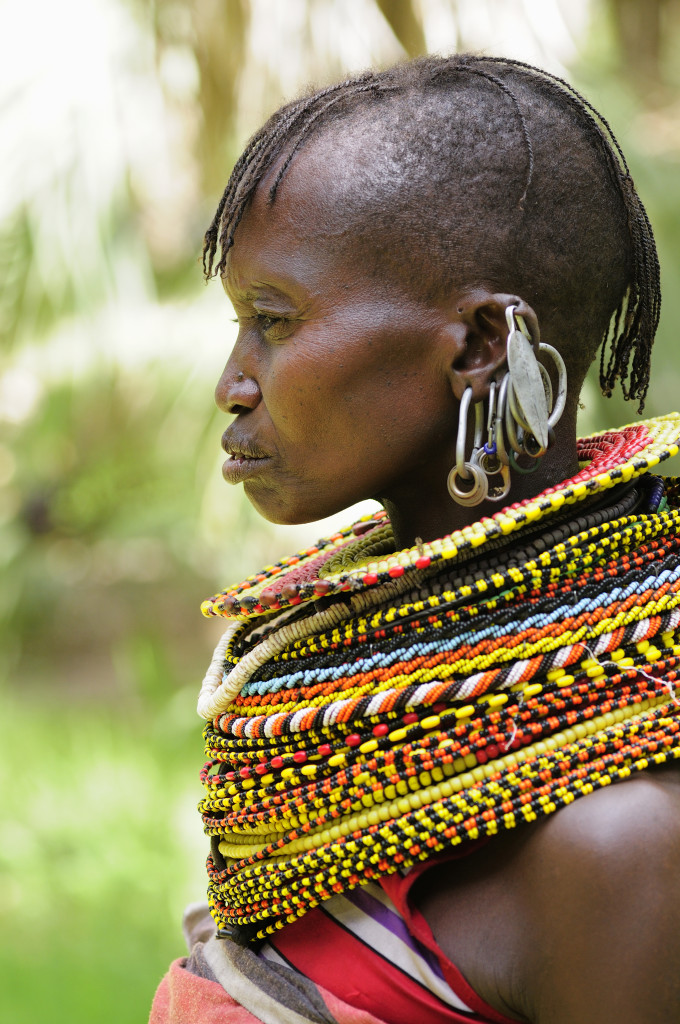 We do a great disservice when we paint an entire continent with such broad, sweeping strokes. How would you like the entire U.S. to be stereotyped as “American children below 4th grade are illiterate” when really, that’s highly indicative of just two of our states—New Mexico and Mississippi? [2]
We do a great disservice when we paint an entire continent with such broad, sweeping strokes. How would you like the entire U.S. to be stereotyped as “American children below 4th grade are illiterate” when really, that’s highly indicative of just two of our states—New Mexico and Mississippi? [2]
Nairobi, Kenya has been steadily gaining the attention of the world. Mainly because it’s not the same city it was just a few short years ago.
[easy-tweet tweet=”Nairobi, Kenya has been steadily gaining the attention of the world” user=”@RobHoskins” hashtags=”#missiology”]
Most who hear “Kenya” instantly think of the Maasai tribe. While the Maasai have worked hard to retain their traditions, it is one of the many tribes of Kenya whose habitat is quickly being overtaken by the burgeoning capital city of Nairobi, which presents more enchanting like the New York City of Africa. As hopefuls in America gravitate to NYC, Kenyans who yearn for a “better life” flock to Nairobi, and gridlock the city with endless traffic jams. [3]
Mom and pop market stalls are being squeezed out of business, replaced by supermarkets and high-end shopping malls.[4]
Given Nairobi and its surrounding real estate’s rapidly changing landscape, we asked preeminent church and government leaders what the biggest challenges this up-and-coming city faces:
Rev Philip Kitoto has served in Christian ministry for over 30 years. Currently the General Secretary and District Superintendent for Assemblies of God in Kenya, he oversees more than 5,000 churches and 6,000 pastors in what has been identified as one of the fastest-growing Pentecostal movements in Africa. He is senior pastor of International Christian Centre–an innovative, multi-campus urban church.
“Kenya’s freedom of religion invites a mélange of practices from Christianity to Islam, and Hinduism to traditional religions based on the spirits of the ancestors. Despite conversion to Christianity, when troubles come, many Kenyans quickly revert to traditional practices like consulting witch doctors or the spirits of their ancestors.”
The ubiquity of the Internet, pervasiveness of media, influence of education and exposure to the new age movement has made many Kenyan Christians so “enlightened” that they have begun to question their beliefs. To combat, we need well-trained pastoral leadership able to address the progressively challenging questions of our increasingly sophisticated society.
Kenya is becoming increasingly urbanized. In 1950, less than 6 percent of the population lived in urban areas. According to reports, in 2020, about 27 million people are projected to be living in urban areas. We must adjust the way we prepare and send missionaries and do outreach–instead of city to rural, we must focus on city to city while observing the changing city trends.
[easy-tweet tweet=”We must adjust the way we prepare and send missionaries to do outreach” user=”@RobHoskins” hashtags=”#missiology”]
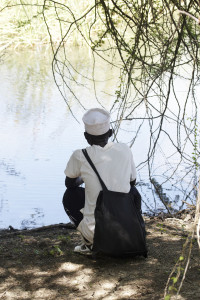 Islam is a major religion in Kenya. Christianity and Islam have long been at odds with one another, and it’s no different in Kenya.
Islam is a major religion in Kenya. Christianity and Islam have long been at odds with one another, and it’s no different in Kenya.
The church needs to figure out how to leverage social justice issues to help share the Gospel in both word and in deed especially in the hard to reach and culturally difficult areas. Mushrooming low-income settlements lacking basic facilities pose an ever-increasing challenge.”
Philip Mungai is OneHope’s Regional Director for East Africa, as well as an Associate Pastor for International Christian Centre. He began as a volunteer with OneHope in 2007 and served as the National Director for Kenya from 2010 until he began his new position as the Regional Director in 2012.
“Rapid church growth is a source of great celebration in Kenya, but with the expansion comes challenges. Churches are growing so fast that we are constantly in need of trained leaders and resources—both administrative and material.”
[easy-tweet tweet=”Rapid church growth in Kenya brings great celebration and challenges” user=”@RobHoskins” hashtags=”#missiology”]
There is a great need to step up evangelism, discipleship, and spiritual growth. It would be best if we could provide online opportunities as Kenya–and Nairobi specifically. Evangelization and discipleship are growing more difficult because of the decreased mobility within the city due to traffic jams and in some cases lack of transport.”
Jane works full time in the Energy sector with the Government of Kenya and has been volunteering with OneHope since 2012. She is now our National Director for Kenya.
“Millions of people in our city come from different tribes, with different cultural background and beliefs. Sadly, identity may be changed by cities but the ethnic groups are seldom detribalized. This requires churches to invest in well-trained ministers with both sufficient academic background and cultural understanding to effectively minister to these dynamic challenges.”
Nigerian novelist Chimamanda Ngozi Adichie warns that if we hear only a single story about another person or country, we risk a critical misunderstanding.
“The single story creates stereotypes, and the problem with stereotypes is not that they are untrue, but that they are incomplete. They make one story become the only story. The consequence of the single story is this… it emphasizes how we are different rather than how we are similar.”[5]
[easy-tweet tweet=”Identity may be changed by cities but ethnic groups are seldom detribalized” user=”@RobHoskins” hashtags=”#missiology”]
Working from a sound missiology requires us to dig, discover, research, and listen to as many stories as possible. Whether it’s Nairobi or NYC—we will only ever be able to truly identify and effectively minister to the current heartfelt needs of any group when we find and focus on the reality that bridges our similarities.
Related:
- 6 traits of missions programs poised to impact the future
- Biblical rules of engagement: employing the dynamic equivalent
- Can what you don’t know hurt your ministry?
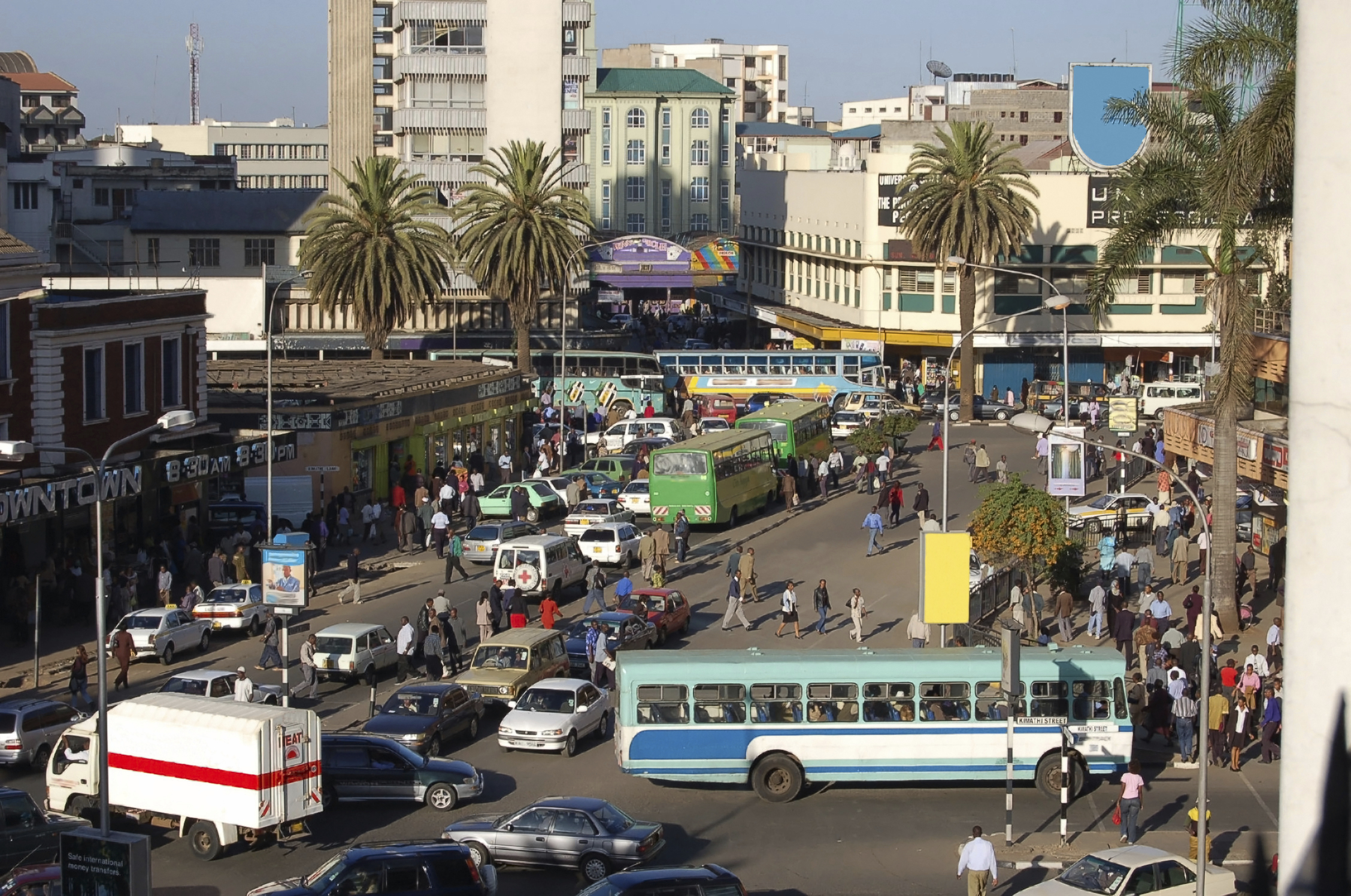
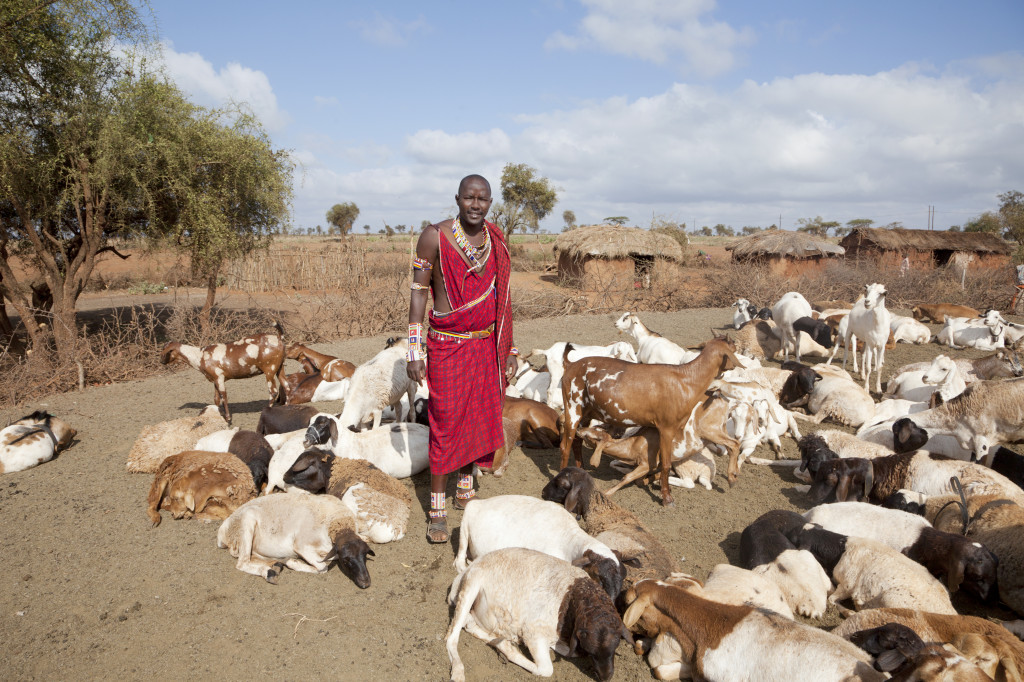
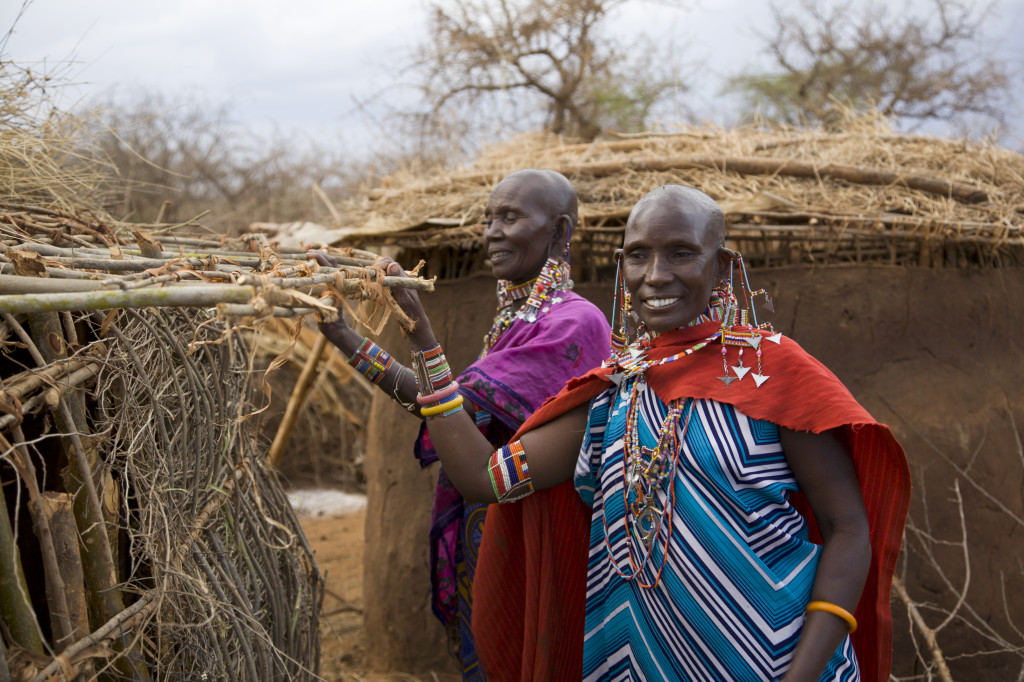
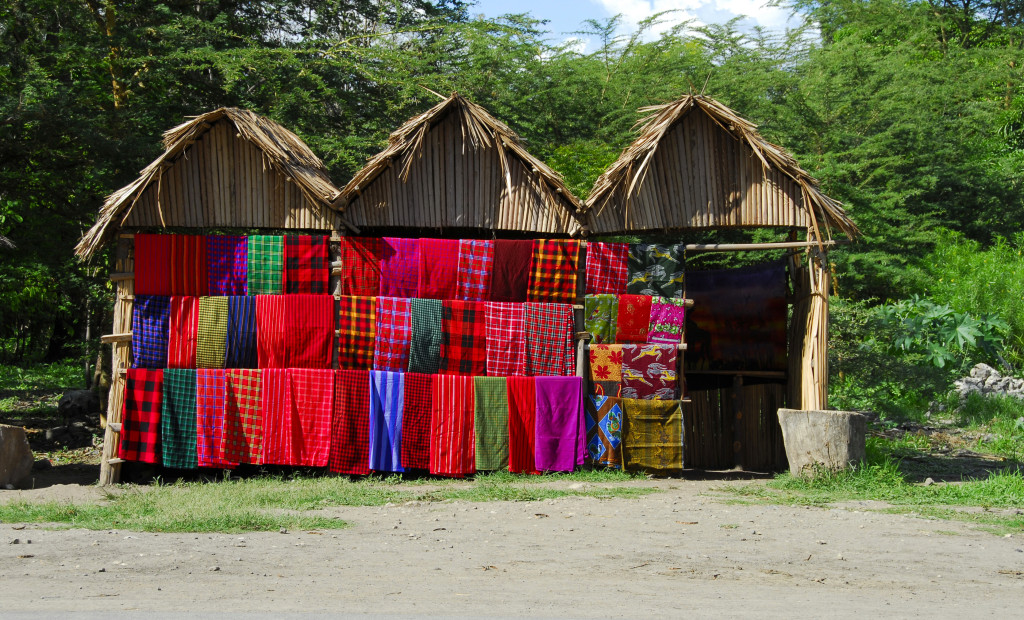

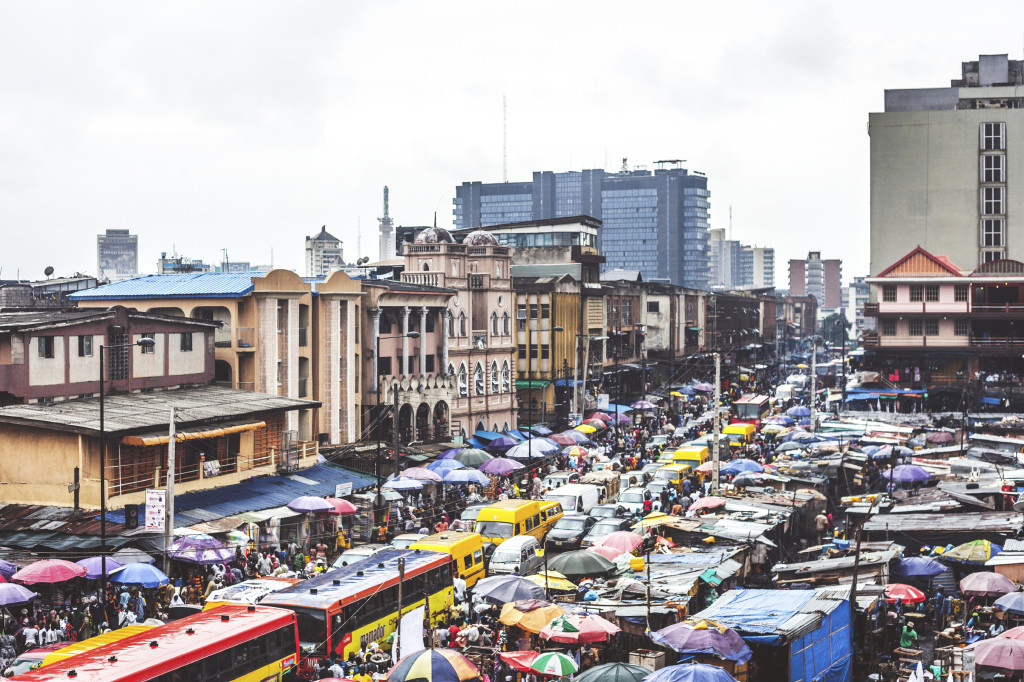
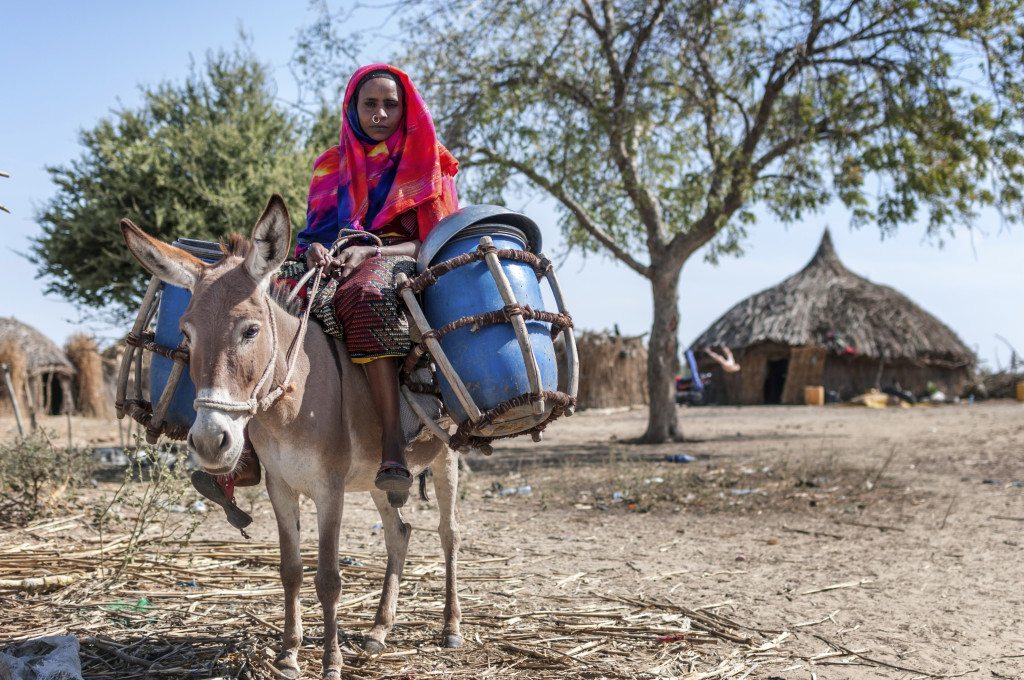



1 Comment
Hi Daniel,After reading your rencet post at church, we read the following quotes during Sabbath school at Floyd Matula’s church. We,would like to share these words of encouragement with you. Gideon deeply felt his own insufficiency for the great work before him. . . .The Lord does not always choose for His work men of the greatest talents, but He selects those whom He can best use. Individuals who might do good service for God, may for a time be left in obscurity, apparently unnoticed and unemployed by their Master. But if they faithfully perform the duties of their humble position, cherishing a willingness to labor and to sacrifice for Him, He will in His own time intrust them with greater responsibilities.Before honor is humility. The Lord can use most effectually those who are most sensible of their own unworthiness and inefficiency. He will teach them to exercise the courage of faith. He will make them strong by uniting their weakness to His might, wise by connecting their ignorance with His wisdom. (Signs of the Times June 23, 1881) The work will be given to those who will take it, those who prize it, who weave its principles into their everyday experience. God will choose humble men who are seeking to glorify His name and advance His cause rather than to honor and advance themselves. He will raise up men who have not so much worldly wisdom, but who are connected with Him, and who will seek strength and counsel from above. (Testimonies vol.5 pg. 461)I’ve heard people say that, The Lord doesn’t call the qualified, He qualifies the called. Daniel, you may not feel qualified to do the work you are currently doing, but by God’s grace you can do it, and do it well.Nothing is impossible with Him!You are always in our prayers.Sincerely,Victor, Isabel, & Nicole Becerra and you church family at Floyd Matula’s